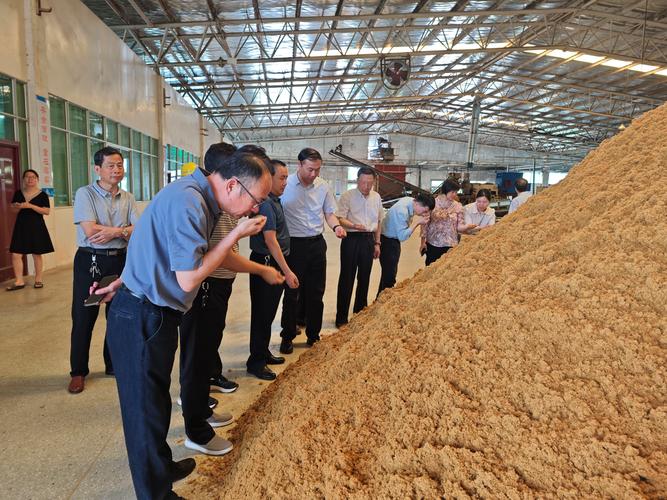The bamboo industry is gaining recognition as a pivotal contributor to global environmental protection. Bamboo, often dubbed the “green gold,” is a versatile and rapidly renewable resource that offers numerous ecological benefits. From reducing deforestation to mitigating climate change, the cultivation and utilization of bamboo are proving to be instrumental in promoting sustainability.
Bamboo’s Rapid Growth and Sustainability
One of the most remarkable features of bamboo is its rapid growth rate. Certain bamboo species can grow up to three feet in a single day, reaching full maturity in just three to five years. This rapid growth makes bamboo a highly sustainable resource compared to traditional hardwoods, which can take decades to mature. The ability of bamboo to quickly regenerate after harvesting ensures a continuous supply of raw material without causing long-term damage to the environment.
Carbon Sequestration and Climate Change Mitigation
Bamboo is a powerful tool in the fight against climate change. It has a high carbon sequestration capacity, meaning it can absorb and store significant amounts of carbon dioxide from the atmosphere. According to a study published by the International Network for Bamboo and Rattan (INBAR), bamboo forests can sequester up to 12 tons of carbon dioxide per hectare per year. This makes bamboo an effective natural solution for reducing greenhouse gas emissions and combating global warming.
Biodiversity Conservation
Bamboo cultivation also plays a vital role in biodiversity conservation. Bamboo forests provide habitats for a variety of wildlife, including endangered species such as the giant panda. The dense foliage and extensive root systems of bamboo plants help prevent soil erosion, maintain soil fertility, and protect watersheds. By promoting bamboo cultivation, we can preserve critical ecosystems and enhance biodiversity.
Reducing Deforestation and Promoting Sustainable Agriculture
The demand for bamboo products has been steadily increasing due to their eco-friendly nature and versatility. Bamboo can be used to produce a wide range of products, including furniture, flooring, paper, textiles, and even biodegradable plastics. The growing popularity of bamboo-based products is helping to reduce the pressure on traditional forests and curb deforestation. Additionally, bamboo cultivation provides a sustainable livelihood for millions of people in rural areas, promoting sustainable agricultural practices and improving socio-economic conditions.
Innovations in Bamboo Utilization
Innovations in bamboo utilization are further amplifying its environmental benefits. Researchers and manufacturers are exploring new ways to process and use bamboo, from constructing eco-friendly buildings to creating sustainable packaging materials. For instance, bamboo is being used to develop sustainable alternatives to single-use plastics, offering a promising solution to the global plastic pollution crisis.
The bamboo industry stands at the forefront of global environmental protection efforts. Its rapid growth, carbon sequestration capabilities, role in biodiversity conservation, and potential to reduce deforestation make it a key player in promoting sustainability. As awareness of bamboo’s ecological benefits continues to grow, it is crucial to support and invest in the bamboo industry to ensure a greener and more sustainable future for our planet.
In conclusion, the bamboo industry is not just a boon for the environment but also a catalyst for sustainable development. We can make significant strides toward a healthier and more resilient planet by embracing bamboo as a versatile and renewable resource.
References:
International Network for Bamboo and Rattan (INBAR)
Various academic studies and reports on bamboo’s environmental benefits
This article sheds light on the pivotal role the bamboo industry plays in global environmental protection, highlighting its contributions to sustainability, climate change mitigation, and biodiversity conservation.
Post time: Jul-12-2024







